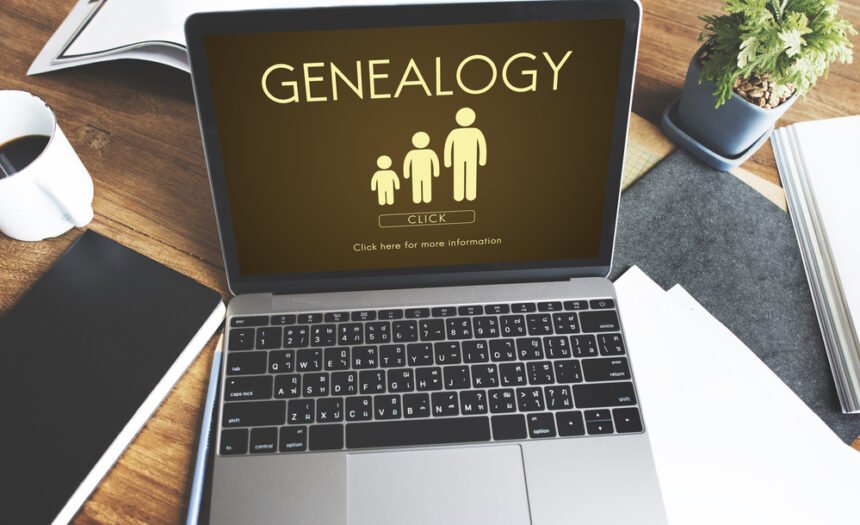Genealogy and family trees have always sparked widespread interest. Learning about ancestors–and perhaps discovering a famous one–is both interesting and exciting. In some cases, the results can be shocking and controversial. Another benefit of researching family history is to get a better understanding of our health. Many diseases and disorders are genetic and the odds of developing other conditions go up or down depending on our genetic background. Simply put, the story of our ancestors can shed light on our own chances of developing certain health problems during our lives. For those interested in learning more about their ancestors to learn more about their own health, the following resources prove essential when conducting genealogical research:
Search Sites
There are numerous resources that help diligent descendants learn about their ancestors. From old passport recovery to military service examination to obituary search, there are plenty of sources online from which to gather crucial information about health. In the case of obituary records, it?s possible to examine your family tree for any signs of inheritable illness or disease. These search sites often lay the foundation for genealogical research, giving folks a list of names, dates, and locations to help them get started on a deeper dive into their family history.
Library of Congress
Possessing one of the most extensive genealogical collections the world over, the Library of Congress (LOC) continues to make resources available online. Even without visiting the Local History and Genealogy Reading Room, cyber-searchers can nevertheless avail themselves of numerous, photographs, maps and manuscripts for clues, answers, and confirmations. Clippings from newspaper archives, correspondence, and genealogical charts are also among the holdings of the Reading Room.
National Archives
The National Archives and Records Administration (NARA) is another reliable clearinghouse of information for ancestry research. On its website, searchers will find many indexes and finding aids relative to the decennial U.S. Census. Patrons should, however, be aware of the 72-year confidentiality policy that pertains to Census records.
Family Search
is believed to be the largest repository of genealogical documents in the entire world. Related to the Church of Jesus Christ of Latter-Day Saints, this resource serves the Mormon obligation to discover and baptize (by proxy) relatives who have gone before. Still, it remains available for public use. Employing algorithms designed for ease of use, patrons can learn much by simply plugging in the names of parents and grandparents.
Google Newspaper Archive
This resource holds archives of hundreds, if not thousands, of newspapers from small towns and metropolises alike. Although Google’s digitizing project ceased a few years back, all of the material that remains is nonetheless voluminous. Many of these journals and tabloids extend back well over a century, referencing key individuals and dates that assist descendants with their projects.
FindAGrave.com
This site contains records of over 170 million gravesites and markers. In addition to photos of the gravestones (if available), the records can contain names of parents, spouses–with wedding year–and children. Most of the time, inquirers can get the plot location and identification number. Of course, depending on who submitted the data, some entries are more detailed than others. These are but a few of the myriad online outlets available to family searchers. They may not take you to your ultimate genealogical destination, but they can advance your search in ways previously unheard of.

